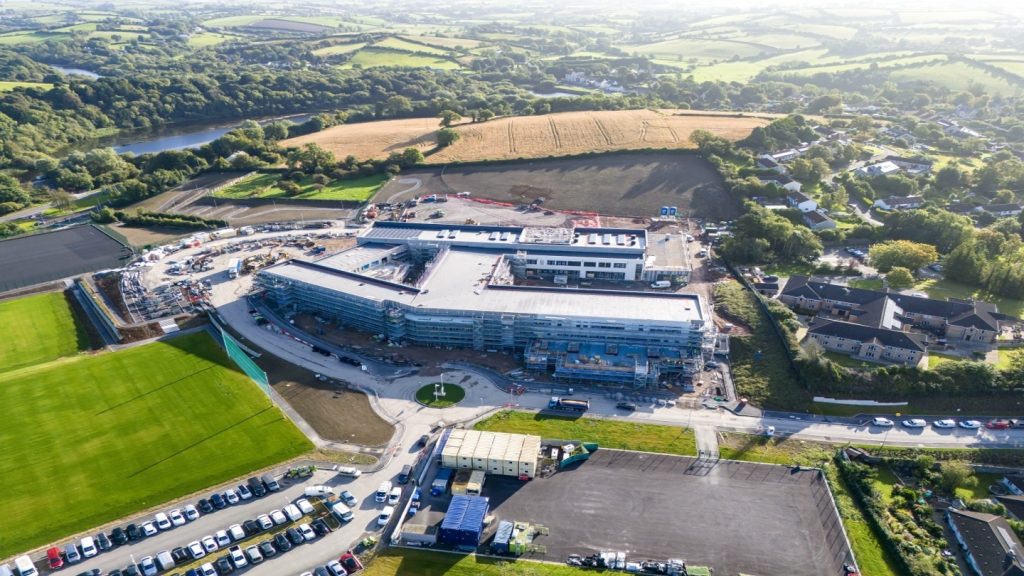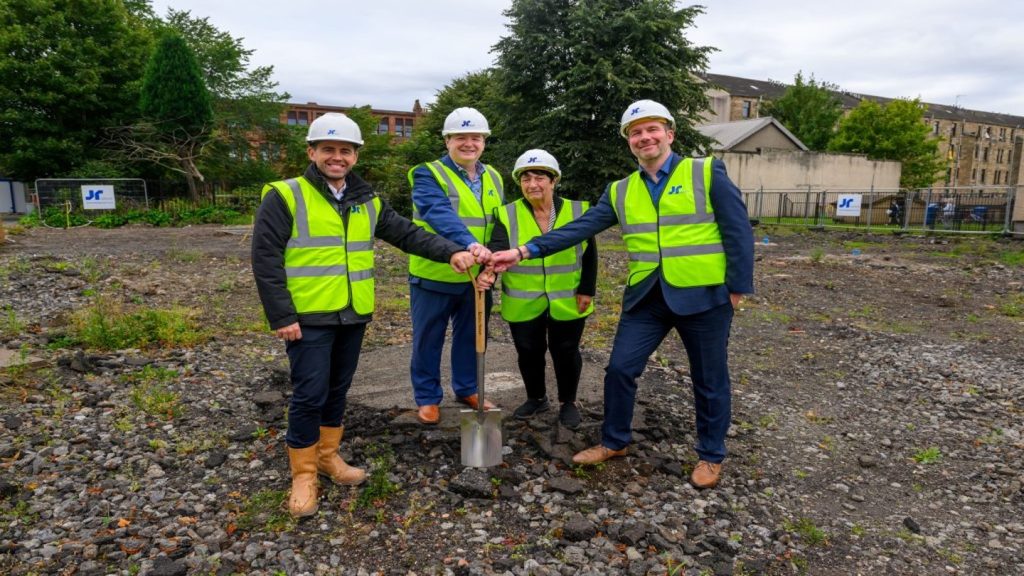Construction has commenced on a ribonucleic acid (RNA) research and pilot manufacturing facility at Macquarie University in Sydney, Australia.
The project, supported by a A$96m ($63.99m) investment from the New South Wales (NSW) Government, marks the first facility of its kind in Australia.
Construction of the facility is anticipated to be completed by 2026.
The facility, claimed to become one of the few globally, aims to advance vaccines and medical therapies for both humans and animals using RNA technology.
Macquarie University deputy vice-chancellor (Research) and professor Sakkie Pretorius said: “Macquarie University is proud to host this groundbreaking new facility, which is a significant addition to the thriving medical precinct within the Connect Macquarie Park Innovation District.
“RNA research has incredible potential, and we share in RNA Australia's vision for advancing biomedical science for the benefit of Australia and the world.”
Aurora Biosynthetics, a subsidiary of Myeloid Therapeutics, will operate the facility.
Overseeing the facility's operations will be RNA Australia, a newly established NSW-based company.
This joint venture involves the NSW Government and four NSW universities, including Macquarie University, as well as the Australian National University.
Situated within Macquarie University's Wallumattagal campus, the facility will integrate with the Connect Macquarie Park Innovation District.
The site will enable the independent design and testing of an array of RNA vaccines, therapeutics, and delivery technologies, providing NSW with a sovereign capability.
Additionally, the facility will have the capacity to produce RNA-based therapeutics for the three main phases of clinical trials.
The facility will have laboratories and manufacturing production lines, available for use by both researchers and industry.
NSW Premier Chris Minns said: “This facility will drive jobs and investment in this sector, along with delivering potentially life-saving solutions.
“This a step forward for healthcare in NSW and an opportunity for us to grow important new high-tech companies.”















